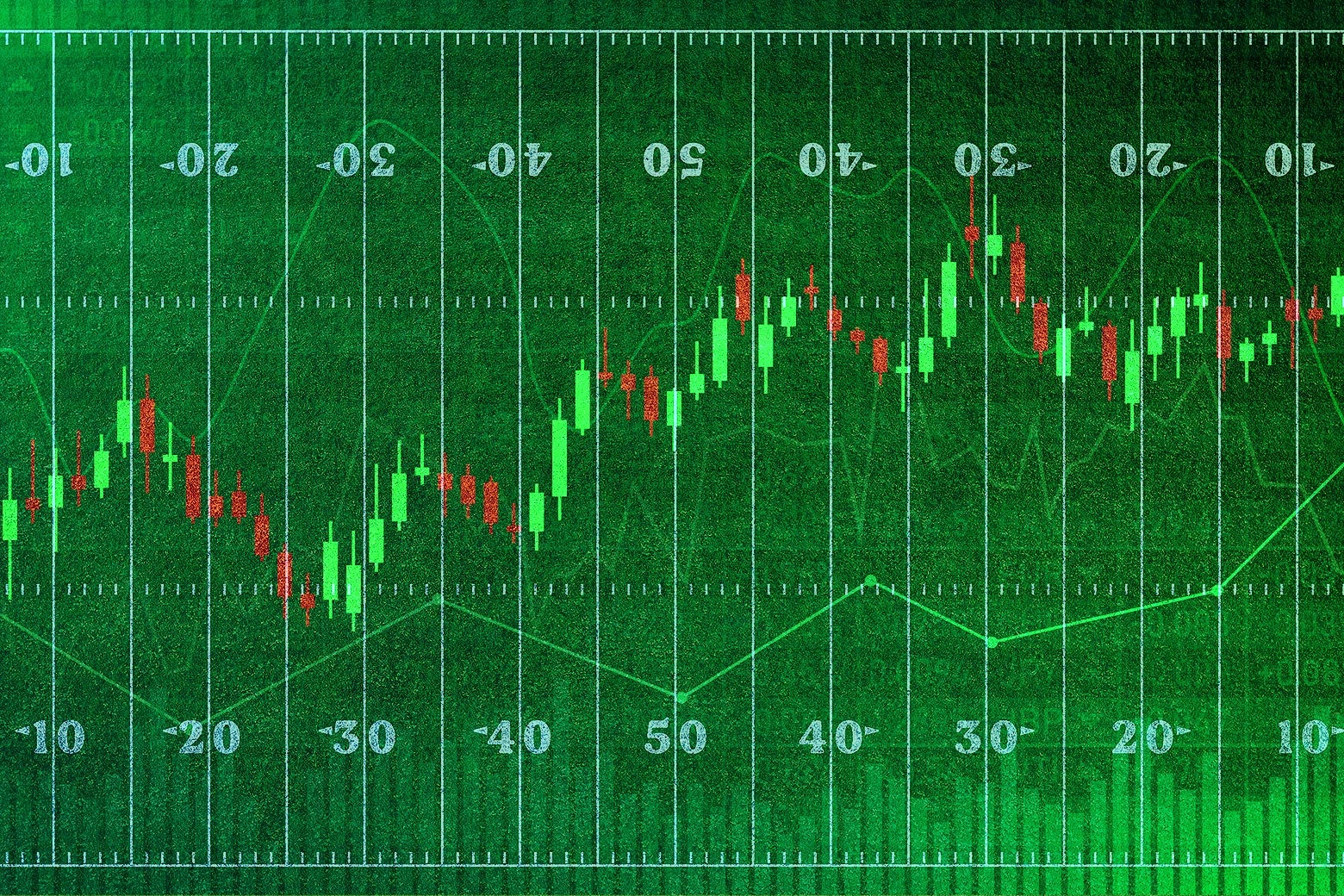
"Prediction markets like Polymarket-best known for bets on current events like elections, market trends, or celebrity news-haven't been fully legalized the way sports-betting apps have, with the blessing of the nation's highest court. But thanks to political connections, and a regulatory system gutted and captured by private interests, they've been allowed to operate more freely than ever before. And they're using that to expand their gambling ambitions into the sporting world,"
"As Front Office Sports characterized the still-ongoing disputes back in April: "The legal fight stems from the question of whether or not Kalshi's sports event contracts constitute sports betting, according to court documents. Kalshi argues its offerings are trades on sports outcomes, not bets, and should therefore be regulated by federal, not state, law." (Basically: In a typical casino setup, the house controls the stakes. A prediction market, by contrast, adjusts prices based solely on public participation.)"
Prediction markets such as Polymarket operate in a legal gray area and have not received the same full legalization as sports-betting apps. Political connections and a regulatory system influenced by private interests have allowed prediction platforms to operate with greater freedom. Those platforms are now moving into sports wagering, provoking opposition from Native American reservations reliant on sportsbook revenue and from licensed operators like DraftKings and FanDuel. Kalshi claims its sports event contracts are trades subject to federal regulation rather than state gambling law. If regulators accept that distinction, prediction markets could bypass state licensing and reshape the gambling landscape.
Read at Slate Magazine
Unable to calculate read time
Collection
[
|
...
]